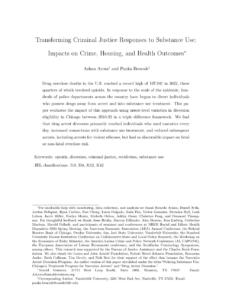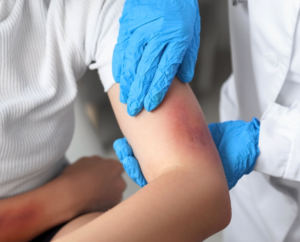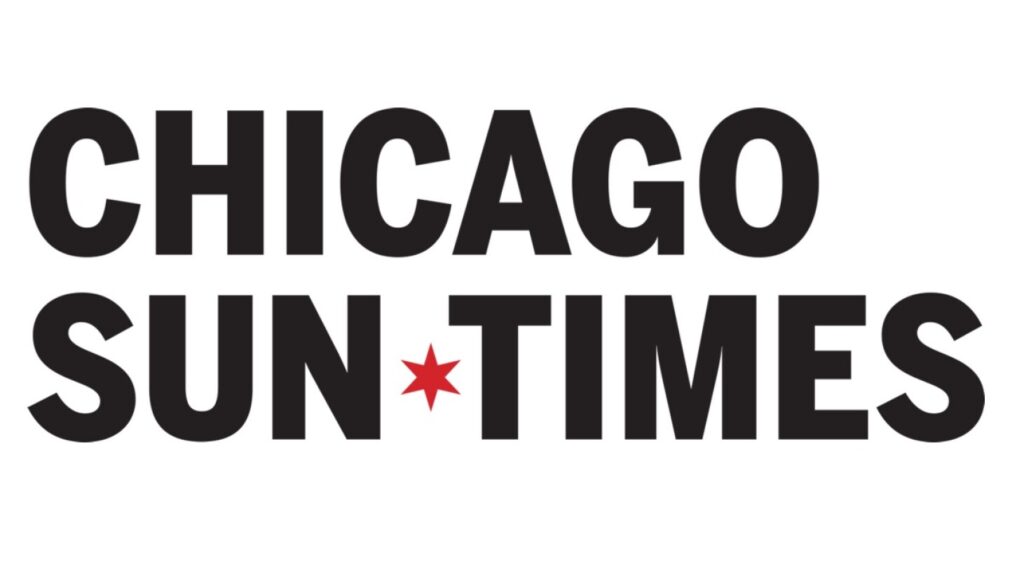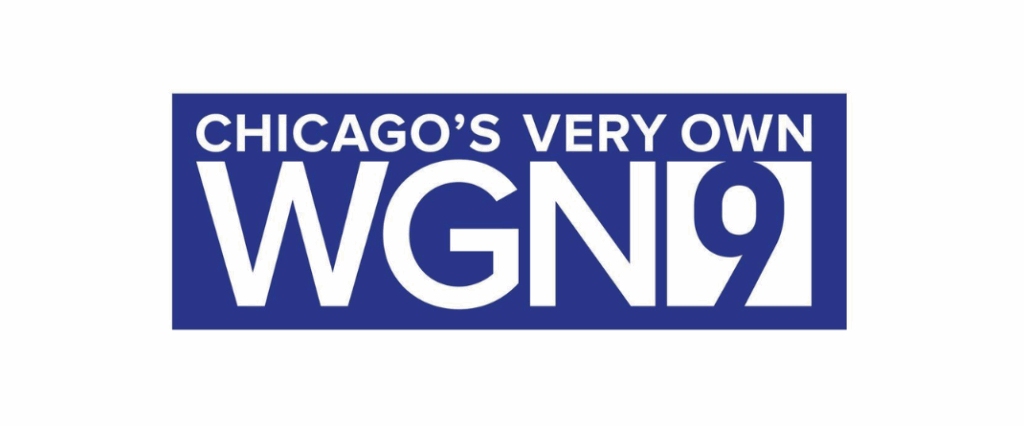2018
The First Ten: A Decade of Impact at the University of Chicago Crime Lab and Education Lab
We are pleased to share our report, The First Ten: A Decade of Impact at the University of Chicago Crime Lab and Education Lab. While there is no way to adequately express our gratitude to the extraordinary people and organizations with whom we have worked over the last decade, we offer this report as a tribute to you all.
We started the University of Chicago Crime Lab in 2008 and the Education Lab in 2011 because of the unconscionable levels of gun violence and social inequity in Chicago and across the nation. We firmly believed that the University of Chicago was in a position to do more to be a part of the solution.
Over the last decade, we have sought to use rigorous research and data to pursue answers, insights, and scalable solutions, working closely with those most deeply affected by gun violence and educational inequity. To do this work, we joined forces with those already developing and implementing promising ideas across the public, non-profit, and private sectors. We’ve tried our best to approach this work with humility, honesty, vigor, and a seriousness of purpose.

Transforming Criminal Justice Responses to Substance Use: Impacts on Crime, Housing, and Health Outcomes
This paper evaluates the impact of diverting individuals who possess drugs away from arrest and into substance use treatment in Chicago between 2010-2022.

Agent-Based Model of Combined Community- and Jail-Based Take-Home Naloxone Distribution
This paper outlines the impact and cost-effectiveness of naloxone distribution, particularly for people facing criminal justice involvement.

Empirical Analysis of Prediction Mistakes in New York City Pretrial Data

Brookings Institution Commentary: Making the invisible epidemic visible
Using new data from a large urban trauma center in Chicago, we document substantial under-reporting of domestic violence at the time of receiving medical care.
Latest Updates
Kelly Leonard: How improv can help police do their job
Kelly Leonard joins WGN’s John Williams to discuss The Second City’s partnership with the Crime Lab’s Policing Leadership Academy that’s using improv to help officers improve their communication skills.

Novel approaches can chip away at gun violence, and make a big difference
In an op-ed for the Chicago Sun-Times, Crime Lab Pritzker Director Jens Ludwig argues that when it comes to gun violence, we’ve been focused on the wrong solutions – a key insight from his new book, “Unforgiving Places: The Unexpected Origins of American Gun Violence.”

New book challenges conventional wisdom on Chicago shootings
Crime Lab Pritzker Director Jens Ludwig joins WGN’s Mike Lowe for an interview to discuss his new book “Unforgiving Places: The Unexpected Origins of American Gun Violence,” and how the book challenges our conventional wisdom about why shootings occur and how we can make progress on gun violence.

